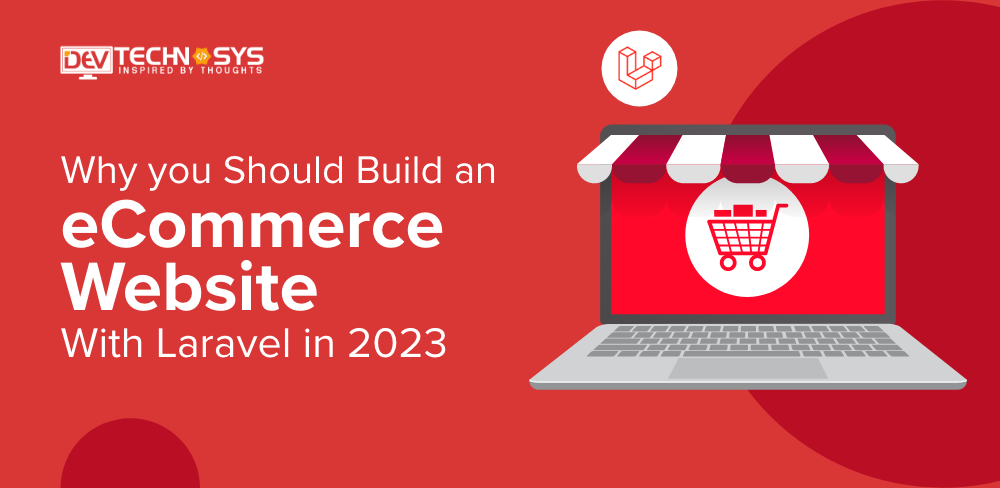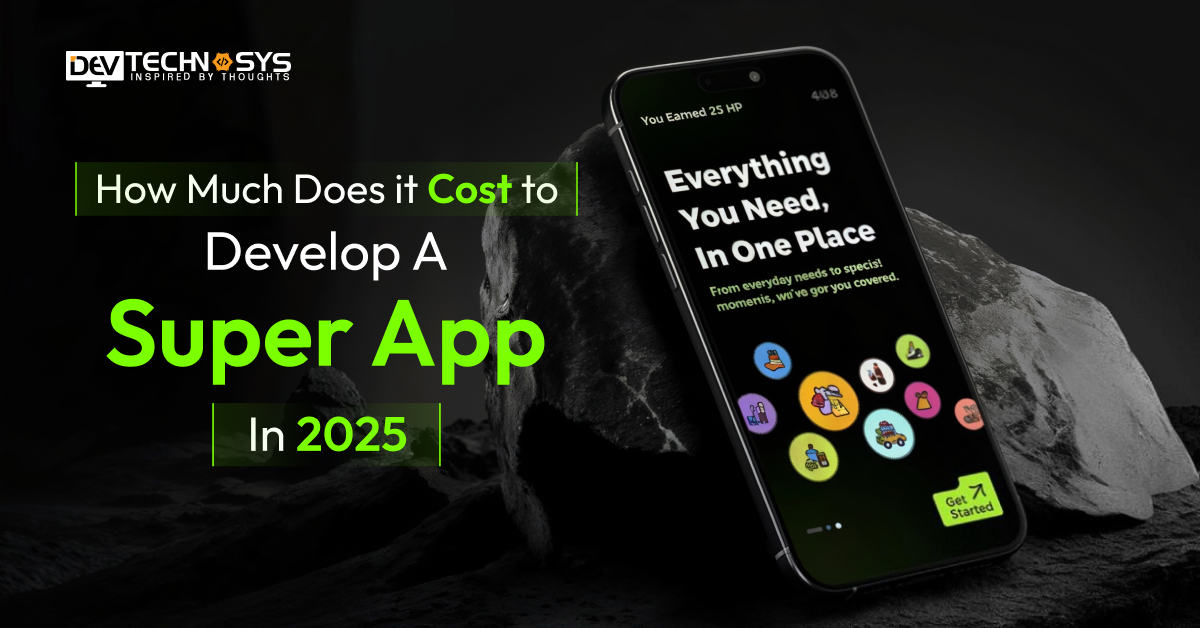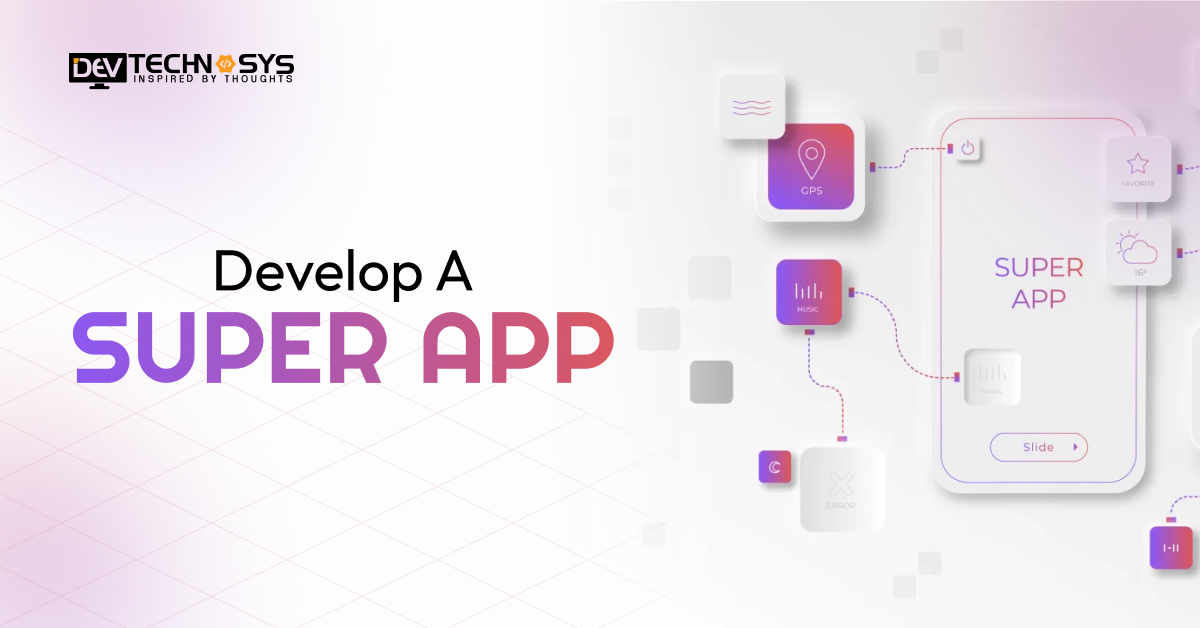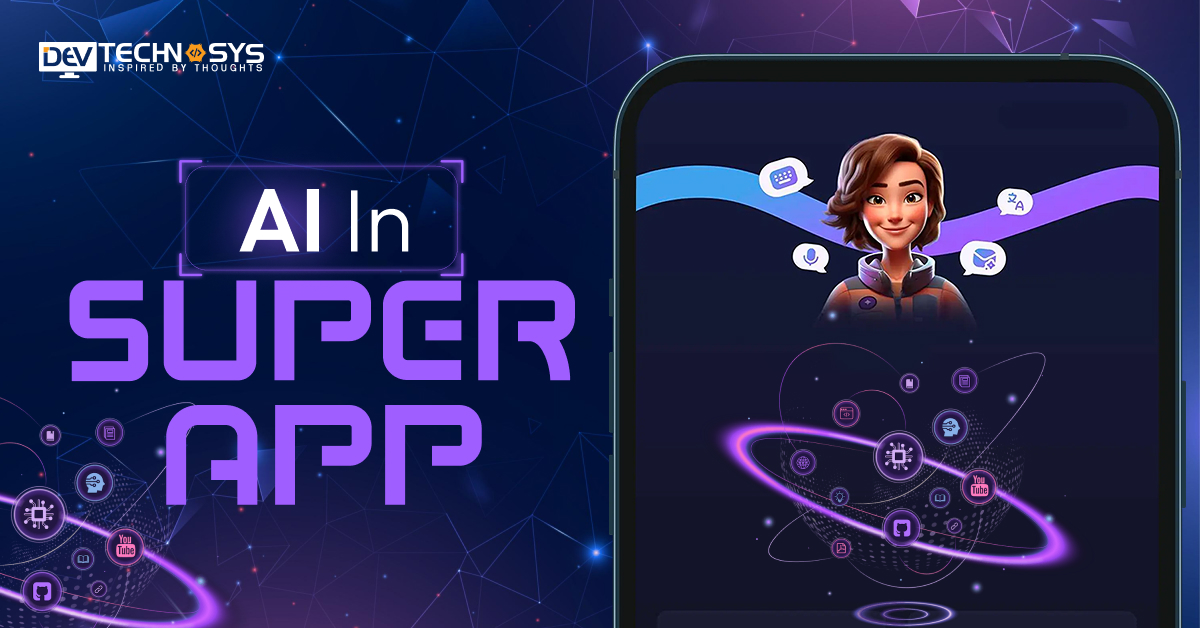In today’s digital world, having an online presence for your business is essential for success. A well-crafted ecommerce website can help you reach a wider audience, increase sales, and reduce costs.
However, building an ecommerce website can be a daunting task, but it doesn’t have to be. With the right tools, you can easily create a stunning and functional ecommerce website that meets your needs and helps you reach your goals.
Laravel is one of the top PHP frameworks for developing an eCommerce website. It’s a powerful, open-source web application framework that makes it easy to create an ecommerce website with from scratch.
With Laravel, you can quickly create an intuitive and attractive website that is easy to use and navigate and optimized for search engine optimization. From its intuitive and easy-to-use syntax to its scalability and security, Laravel is a great choice for any project.
So, if you’re looking for an efficient and reliable way to create an ecommerce website with Laravel, you can take help from a custom Laravel development services provider.
Thus, in this blog, we will discuss the benefits of building an eCommerce website with Laravel. So let’s begin.
Benefits of Building an eCommerce Website with Laravel
Laravel is a popular open-source PHP web framework used to develop web applications, including eCommerce websites. There are numerous benefits to building an eCommerce website with Laravel, such as the following:
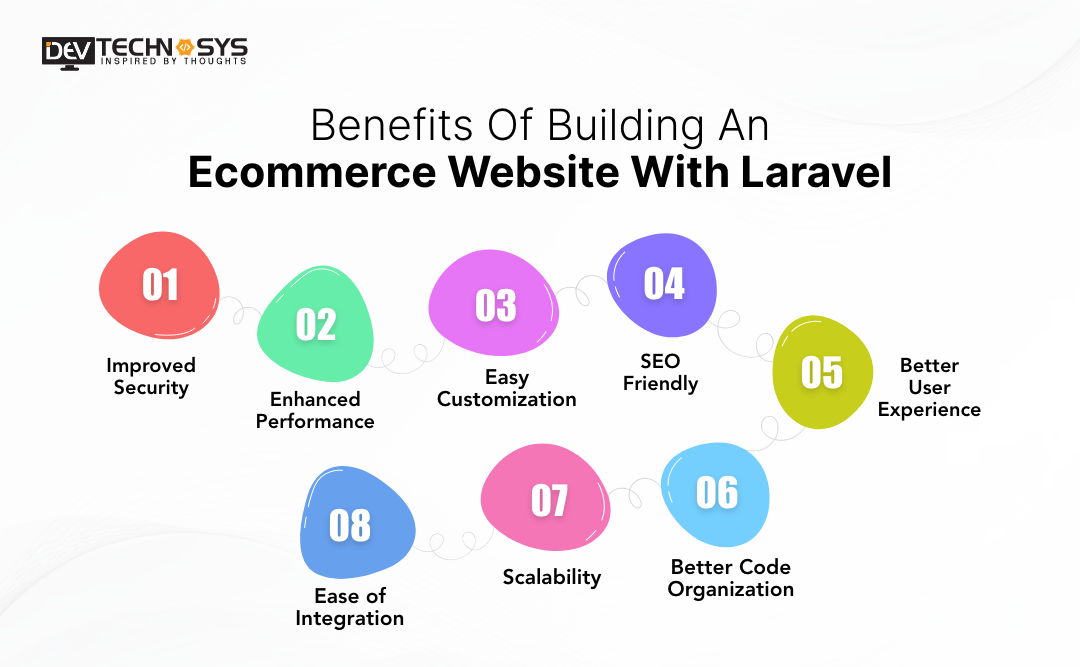
1. Improved Security
One of the main concerns of eCommerce website owners is security. Laravel provides robust security features and includes built-in security measures such as password hashing, encryption, and CSRF protection, which protect the website from cyber attacks.
2. Enhanced Performance
Laravel is designed to be efficient and fast, ensuring the eCommerce website runs smoothly and offers high performance. Additionally, Laravel’s caching features can help boost the website’s load speed.
3. Easy Customization
Laravel’s modular architecture makes it easy to customize the eCommerce website. Laravel includes a wide range of features and packages that can be easily integrated into the eCommerce website, allowing developers to add new functionalities, third-party plugins, and other customizations to the website.
4. SEO Friendly
SEO is critical for eCommerce websites to rank on search engines. Laravel has several built-in features that make it SEO-friendly, including friendly URLs, metadata management, and other optimization features. It can assist eCommerce website with Laravel rank higher in search results and attract enough traffic.
5. Better User Experience
Laravel offers many features that enhance the user experience of the eCommerce website. For instance, it supports the creation of responsive designs and mobile-friendly interfaces, enabling users to access the website on any device. Additionally, it provides a built-in feature to enable the website’s data to be presented in an organized and visually appealing manner.
6. Better Code Organization
Laravel’s modular architecture enables developers to organize their code into separate modules, which makes it easier to manage, test, and update. It also makes it easier for developers to add new functionalities or make changes to the website.
7. Scalability
E-commerce websites need to be scalable to support the growing demand for the website as more people use it. Laravel is built to be scalable, which means that the website’s traffic increases by implementing strategies to Increase revenue in eCommerce. Thus, it can easily handle the increased load without compromising performance.
8. Ease of Integration
Laravel can easily integrate with various APIs, third-party tools, and plugins, enhancing the eCommerce website’s functionality. Laravel’s modular architecture makes it easier for developers to integrate third-party tools without affecting the website’s performance.
How can Laravel Improve the eCommerce Website Development Process?
Laravel can improve the ecommerce website development process in several ways. Here are a few examples:
i. Rapid Development with Pre-built Packages and Libraries
Laravel comes with a wide range of pre-built packages and libraries that can be used to accelerate development. For example, Laravel’s built-in authentication system, Laravel Cashier for handling subscriptions, and Laravel Passport for API authentication can all be used to streamline the development process.
ii. Modular Architecture for Easy Maintenance and Updates
Laravel’s modular architecture allows for easy maintenance and updates. An experienced web development company can easily add or remove modules as needed without impacting other parts of the application. It makes it easier to keep the ecommerce website advanced with the newest features and security updates.
iii. Testing and Debugging Tools for Ensuring High-quality Code
Laravel comes with existing tools for testing and debugging code, making it easier for developers to ensure that their code is of high quality. It is particularly important for ecommerce websites, which often involve sensitive data and financial transactions.
iv. Integration with Third-party Services and APIs
Laravel makes it easy to integrate with third-party services and APIs, which can be important for ecommerce websites that need to integrate with payment gateways, shipping providers, or other third-party services.
v. Robust Security Features
Security is of utmost importance for ecommerce websites, and Laravel comes with robust security features built-in. Laravel’s security features include protection against cross-site scripting and cross-site request forgery attacks, secure password hashing, and more.
Best Practices of Building eCommerce Website with Laravel
Building an eCommerce website with Laravel requires careful planning and implementation. Here are some best practices that you must follow by taking help from full stack development services providers:
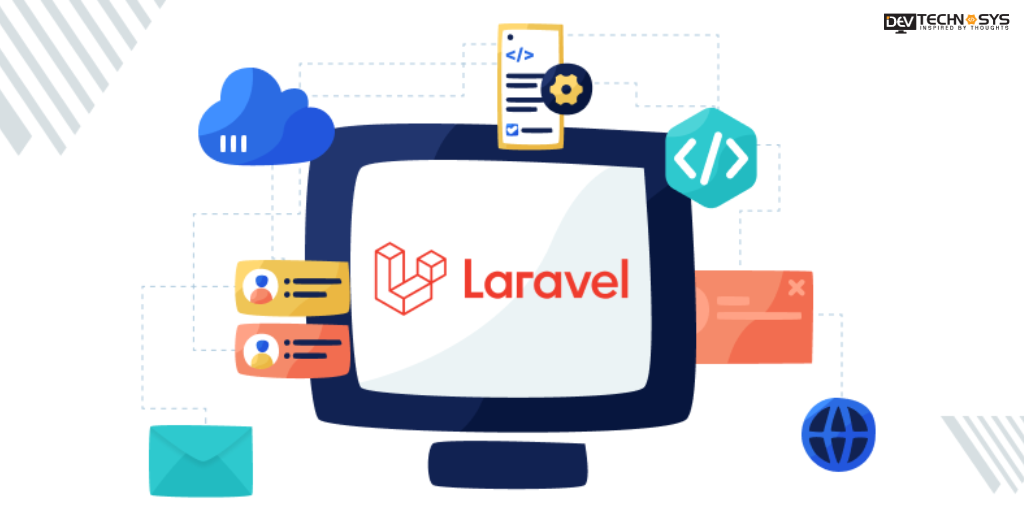
i. Use the Latest Version of Laravel
Always use the latest version of Laravel to take advantage of new features, bug fixes, and security updates.
ii. Create a Scalable Architecture
Plan and design a scalable architecture that can handle increased traffic and data volume. Use cloud hosting and caching solutions to ensure high availability and fast load times.
iii. Use a Secure Payment Gateway
Use a secure payment gateway to ensure that customers’ payment details are kept safe. This SSL certificates and encryption use to protect sensitive data.
iv. Implement a Search Feature
Hire eCommerce development company in Dubai that can implement a search feature that allows customers to easily find what they are looking for. Use filters and sorting options to help customers narrow down their search results.
v. Use SEO-friendly URLs
Use SEO-friendly URLs that are descriptive and relevant to the content on the page. It would assist search engines to better recognize the content of your site.
vi. Implement Caching
Use caching to speed up the website by reducing the number of database queries and file reads. Use tools like Redis to store data in memory for faster access.
vii. Use Automated Testing
Use automated testing to ensure that the site is working as expected. However, you can ask the PHP development Company who can use tools like PHPUnit and Laravel Dusk to test different parts of the website.
viii. Use a CDN
Use a Content Delivery Network to provide static assets like images, JavaScript, CSS files. It will decrease the load on your server and improve load times for customers.
ix. Use a Robust Framework
Use a robust PHP framework like Laravel, which comes with a set of pre-built libraries and tools, making it easier to build and maintain an eCommerce website.
x. Use a Responsive Design
Build a responsive design that works across different devices and platforms, or take help from a web design company. It will ensure that users have a consistent experience using a desktop computer or a mobile device.
By following these best practices, you can build a robust and secure eCommerce website with Laravel or that can handle increased traffic and deliver a seamless shopping experience for customers.
Conclusion
Laravel offers a solid foundation for building scalable, secure, and feature-rich eCommerce websites in 2023. Its robust architecture, extensive documentation, active community, built-in security features, and integration capabilities make it an ideal choice for developers looking to build eCommerce websites that are flexible, reliable, and easy to maintain.
Now that you know why you must build your eCommerce website with Laravel. It is time to begin website development. You can take assistance from an experienced eCommerce website development company who can provide you with better solutions.
Frequently Asked Questions
1. How Much Does it Cost to Build eCommerce Website with Laravel?
The cost to develop eCommerce website with Laravel depends on several factors. For instance, experience level, location, hiring model, website complexity etc. However, the estimated cost to build an eCommerce website will be around $25000-$50000.
2. How Much Time Does it Take to Build eCommerce Website with Laravel?
The time it takes to build an eCommerce website with Laravel can vary depending on various factors, such as the complexity of the website, the level of customization required, the size of the development team, and their experience.
However, a simple eCommerce website can take around 2-3 months to build, while a more complex one may take 6-12 months. For better results, you can take assistance from a PHP development services provider.
3. How to Make eCommerce Website?
The steps to build an eCommerce website are shown below:
- Choose your website builder
- Consider hiring a developer
- Register your domain
- Select a hosting service
- Build your eCommerce website
- List your products and services
- Set up payment processing and tax collection
- Integrate with other online marketplaces
- Test and launch your eCommerce website
4. Which is Better Laravel or Shopify?
Laravel and Shopify are two different technologies with different use cases. Laravel is a PHP web application framework used to build custom web applications, while Shopify is a hosted e-commerce platform used to build online stores. So the choice between Laravel and Shopify depends on the project’s specific needs – Laravel is better for custom web development, while Shopify is better for e-commerce businesses.



